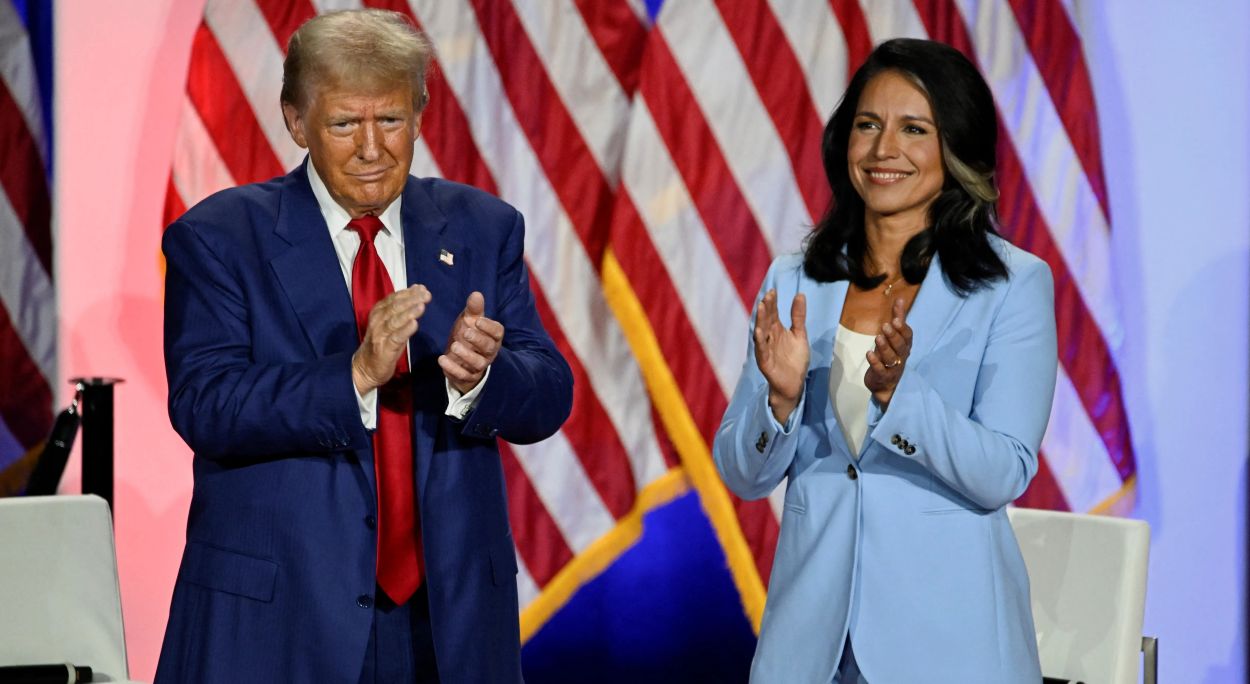On Monday, the US Senate voted along party lines to advance Tulsi Gabbard’s nomination for Director of National Intelligence, setting the stage for a final confirmation vote.
Politico reports that with support from 52 Republican senators, Gabbard’s confirmation as the nation’s top intelligence official appears imminent. Conversely, 46 Democrats voted against her nomination, and two senators were absent.
Senators employed a procedural rule known as cloture for the vote, commonly used in contentious Cabinet nominations such as Secretary of Defense Pete Hegseth. This rule allows for up to 30 hours of debate before the final vote. After a contentious confirmation hearing in late January, the Senate Intelligence Committee had already endorsed Gabbard in a similarly divided vote.
Senate Majority Leader John Thune, speaking on the Senate floor, underscored the importance of the intelligence community focusing on its core responsibilities of impartially gathering and analyzing intelligence. “Tulsi Gabbard, if confirmed as DNI, commits to this goal, and I have confidence in her expertise and leadership to guide effectively,” Thune stated, as reported by NBC News.
The Senate has scheduled the decisive vote on Gabbard’s nomination for midnight Tuesday, although they could hold it earlier if all senators agree. Senator Thune also mentioned that following this vote, the Senate would proceed with a procedural vote on the nomination of Robert F. Kennedy Jr. for Secretary of Health and Human Services, a candidate proposed by President Donald Trump.
Read: Tulsi Gabbard Faces Intense Scrutiny as Trump’s Pick for Intelligence Director
Gabbard, who shifted from the Democratic Party to the Republican Party last year, is a former congresswoman and 2020 presidential candidate. Previously a lieutenant colonel in the Army Reserve, she has been critical of the intelligence community she might soon lead, often referring to some of its members as part of the “deep state.” She has also raised doubts about U.S. intelligence findings on the Syrian regime’s use of chemical weapons and has echoed Kremlin perspectives on the causes of Russia’s aggression in Ukraine.






